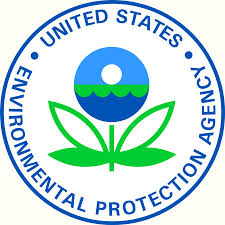Research on Emissions, Air Quality, Climate, and Cooking Technologies in Northern Ghana
Overview
According to recent reports, nearly three billion people in the developing world cook food and heat their homes with open fires or cookstoves that are fueled by solid biofuels. The smoke exposure from these activities is estimated to lead to approximately four million premature deaths each year. The emissions from these processes also add significantly to global emissions of greenhouse gases, short-lived climate forcers, and air pollutants. However, emission estimates from these processes, and their atmospheric impacts, are still highly uncertain. Furthermore, stove technologies exist that enable reductions in the amount of fuel used for cooking, and in emissions. Yet, the extent to which these technologies will be utilized, change emissions, and impact health and atmospheric composition is unclear.
Many studies are being performed worldwide to try to understand the use of various stove technologies, their emissions, and their impacts. One such study is starting in the northern region of Ghana:
REACCTING (Reasearch of Emissions, Air Quality, Climate, and Cooking Technologies In Northern Ghana).
This region, impacted by strong dry and wet seasons, is one in which biomass is a dominant source of cooking fuel. Two different stoves, one low-emitting gasifier stove and one locally made “efficient” stove, will be tested through a randomized intervention in rural communities of the Kassena-Nakana District of the Upper East Region. The value that households place on these technologies and their various characteristics will be evaluated; the emissions, resulting personal exposure to smoke, and health outcomes will be measured. A component of this multi-disciplinary project includes the design and application of sensors that will be used to monitor emissions, ambient air quality, and personal exposures. Stove use and emissions will be scaled up through emissions and chemistry-climate models to investigate the impact of cooking and other sources on air quality and regional climate.
PLEASE see our main project web site: http://www.reaccting.com
This project is supported by the U.S. National Science Foundation Award #1211668.

and by the U.S. Environmental Protection Agency
